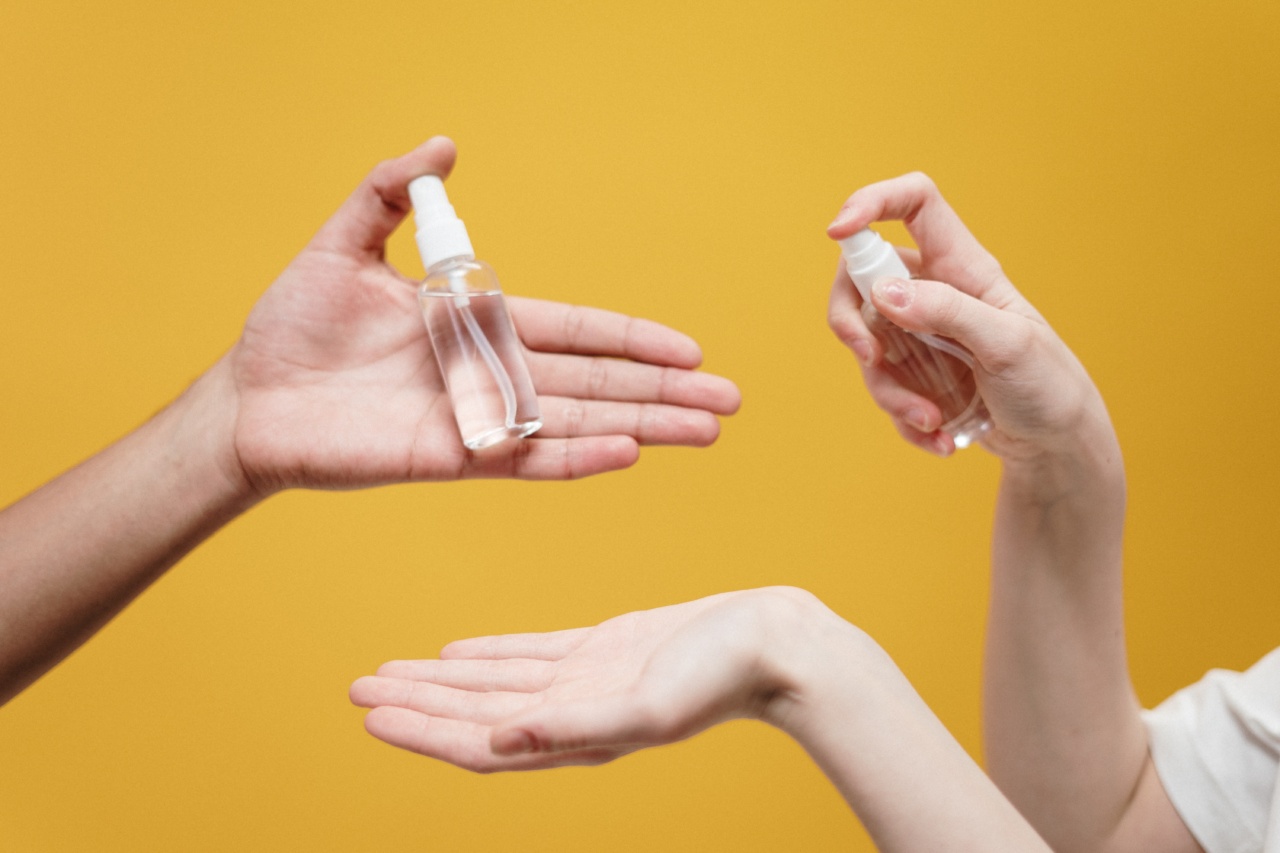Alcohol is known to be a carcinogen, meaning it has the potential to cause cancer. According to the World Health Organization, alcohol consumption is responsible for 5.3% of all deaths worldwide, with the majority of these deaths being due to cancer.
As such, many experts believe that reducing or eliminating alcohol consumption is the best cancer prevention strategy.
Alcohol and Cancer
Alcohol consumption has been linked to several types of cancer, including:.
- Breast
- Colon and rectum
- Liver
- Mouth and throat
- Pancreas
- Stomach
Even moderate alcohol consumption (defined as up to one drink per day for women and up to two drinks per day for men) has been shown to increase the risk of breast cancer and other types of cancer.
Heavy alcohol consumption, defined as more than three drinks per day for women and more than four drinks per day for men, is particularly dangerous.
Why is Alcohol Linked to Cancer?
The exact mechanisms through which alcohol consumption leads to cancer are not fully understood. However, researchers have identified several ways in which alcohol may contribute to cancer development:.
- Alcohol can damage DNA: Ethanol, the main ingredient in alcohol, can cause damage to DNA, which can lead to mutations that promote the development of cancer.
- Alcohol can impair immune function: Chronic alcohol consumption can suppress the immune system, making it more difficult for the body to fight off cancer cells.
- Alcohol can increase levels of estrogen: In women, alcohol consumption can increase blood levels of estrogen, a hormone that is responsible for stimulating the growth of breast tissue. High levels of estrogen have been linked to an increased risk of breast cancer.
- Alcohol can promote oxidative stress: Alcohol consumption can also increase the production of oxidative stress, which can lead to cellular damage and promote cancer development.
Reducing Alcohol Consumption
If you are concerned about your risk of cancer, reducing or eliminating your alcohol consumption is one of the best steps you can take. Here are some tips for cutting back on alcohol:.
- Set a limit for yourself: Choose a daily or weekly limit for how much alcohol you will consume and stick to it.
- Avoid binge drinking: Binge drinking, defined as consuming more than four drinks in a two-hour period for women and more than five drinks in a two-hour period for men, is particularly dangerous. Avoid this practice altogether.
- Choose lower-alcohol beverages: If you do choose to drink, opt for lower-alcohol beverages like beer or wine, and avoid spirits or cocktails with high alcohol content.
- Avoid temptation: Stay away from situations or people that may encourage you to drink more than you intend to.
- Seek support: If you are struggling to cut back on alcohol, seek support from friends, family, or a support group.
The Bottom Line
Alcohol consumption is a known risk factor for several types of cancer. If you are concerned about your risk of developing cancer, reducing or eliminating your alcohol intake is one of the best steps you can take.
By setting a limit for yourself, avoiding binge drinking and high-alcohol beverages, and seeking support when needed, you can reduce your risk and improve your overall health.






























